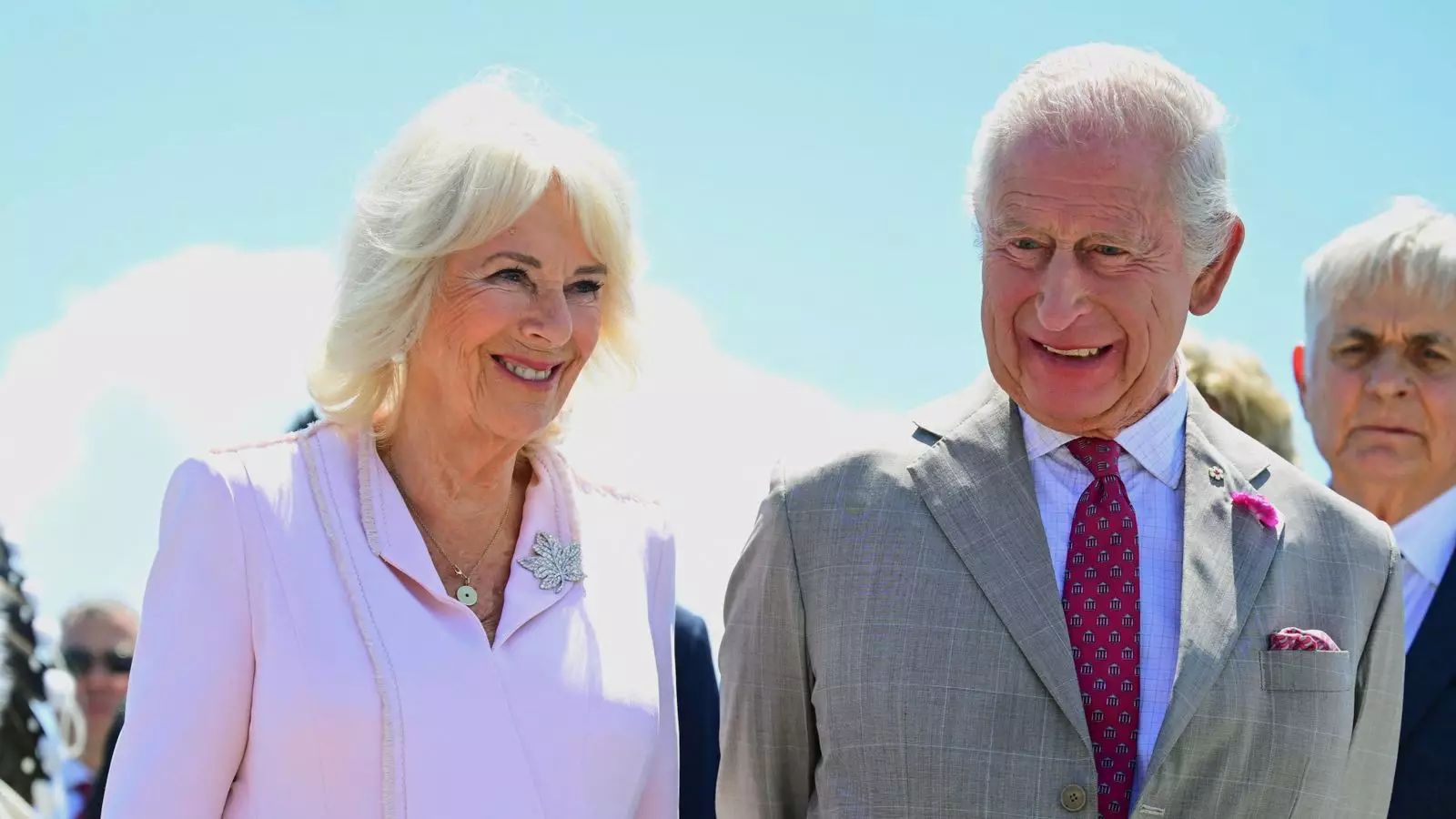Recent disclosures from Buckingham Palace regarding the official gifts received by the Royal Family have ignited a fiery discussion about the ethical implications of luxury in the monarchy. Among the most striking entries in the catalog of gifts is a Rolls-Royce Cullinan Series II, bestowed upon King Charles III by the King of Bahrain. Priced lavishly at around $443,575, this vehicle—unlike ordinary gifts—serves specific state functions rather than personal enjoyment. While these provisions may seem merely ceremonial, they challenge public perception of royal responsibilities and the stark reality of wealth disparity in contemporary society.
As a center-wing liberal, I see a dissonance between the monarchy’s lavish expenditures and the daily struggles faced by citizens. While some may reason that state gifts like the aforementioned Rolls-Royce bolster national pride, the ostentation inherent in such gestures strikes a discordant note. How can the royal family remain relatable if they live extravagantly, seemingly detached from the hardships their subjects endure?
Gifts of Substance Versus Empty Symbolism
Further examining the array of gifts reveals an interesting mix, from ceremonial artifacts to mundane household items like toiletries. A feather crown and handcrafted staffs gifted by Indigenous leaders showcase a cultural acknowledgment and a nod towards diversity. However, one must wonder if mere tokenism encapsulates the royal attempts at inclusivity. Charitable mindedness fails to erase the fact that royals benefit from gifts that would perpetually remain beyond the grasp of the common populace.
When U.S. President Biden gifted King Charles a leather folder filled with letters between Queen Elizabeth II and President Eisenhower, is it really diplomacy, or merely an extravagance touting antiquated ties over pressing contemporary issues? The symbolism behind such enchanting gifts often overshadows the critical dialogues needed to address the modern-day challenges facing our society. Are we as a society prepared to place historical mementos on a pedestal while neglecting urgent calls for reform?
The Ethical Boundaries of Royal Gifts
Alarming too is the practiced norm that gifts to the royals are tax-exempt and cannot be sold or exchanged. These rules blur the lines of ownership and accountability, raising questions about the ethical implications of royal privilege. While gifts can enhance the Royal Collection, do they not amplify the monarchy’s detachment from the everyday lives of average citizens? The contrast between public service and personal benefit remains stark. It highlights the alarming reality that luxury is not only a privilege for the elite but a part of the institutional framework of governance.
The idea that perishable gifts can be easily directed to charity sounds appealing in theory, but the scheme does little to resolve the underlying issue of excessive consumption by those who are already lavishly privileged. It’s a cycle of giving that feels more like a façade rather than a genuine act of altruism. In an age where public scrutiny is at an all-time high, transparency from the crown is vital to maintain a semblance of trust among citizens.
The elusiveness of the royal gift culture encapsulates wider societal issues surrounding wealth, privilege, and accountability. For the monarchy to remain relevant, it must confront these deeply rooted systemic challenges and engage more sincerely with the populace it claims to serve.


Leave a Reply